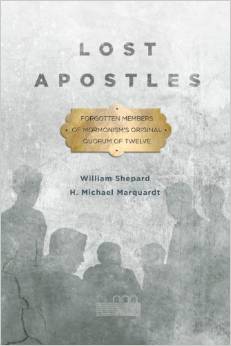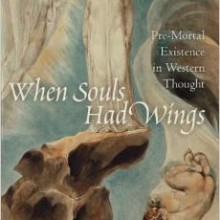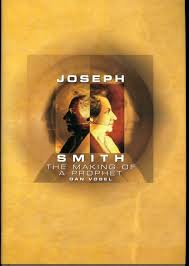Description
Before the LDS Church was organized, Joseph Smith received a revelation telling him that twelve men would be called as latter-day apostles. Their assignment would be to warn men and women that the end was near. Although the determination of who would fill these positions was delayed for five years, when it finally happened, God reiterated that these men were to “prune the vineyard for the last time” because the Second Coming was nigh. In fact, “fifty six years would wind up the scene,” they were told.
Of the twelve men selected, nine would eventually be pruned from the vineyard themselves, to varying degrees. Seven were excommunicated, one of whom was reinstated to his position in the Twelve. Of the other six, the subjects of this book, none returned to the apostleship and four never came back to the Church at all. Those who left faded into obscurity except for when they are occasionally still mentioned in sermons as cautionary tales. But two of them made their marks in other areas of society, John Boynton becoming a successful dentist, a popular lecturer, geologist, and inventor with dozens of important patents to his name, while Lyman Johnson became a prominent attorney and business owner. Even though Luke Johnson, Thomas B. Marsh, William McLellin, and William Smith became religious wanderers and tried unsuccessfully to adjust to life outside of the Church, their experiences were interesting and comprise valuable case studies in belief and disaffection.




